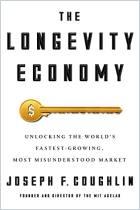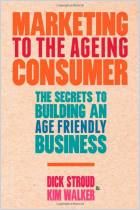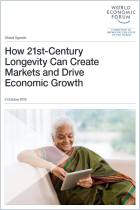
Read or listen offline
Amazon KindleRecommendation
In 1990, cognitive scientist and usability engineer Don Norman wrote the first edition of his seminal book, The Design of Everyday Things. In this article, he offers a frank – and slightly cantankerous – assessment of the current state of design for seniors and advocates for more stylish and inclusive products. He occasionally lapses into speculation, for example when he suggests that canes could become chic and coveted accessories for all and doesn’t address potential obstacles to universal design implementation. Nonetheless he provides useful examples, recommendations and a generally compelling argument that anyone in the design, production or venture capital industries may find relevant.
Summary
About the Author
Don Norman is an award-winning designer, cognitive engineer, researcher, professor and former Apple vice president. He authored many acclaimed books, including The Design of Everyday Things.


















Comment on this summary